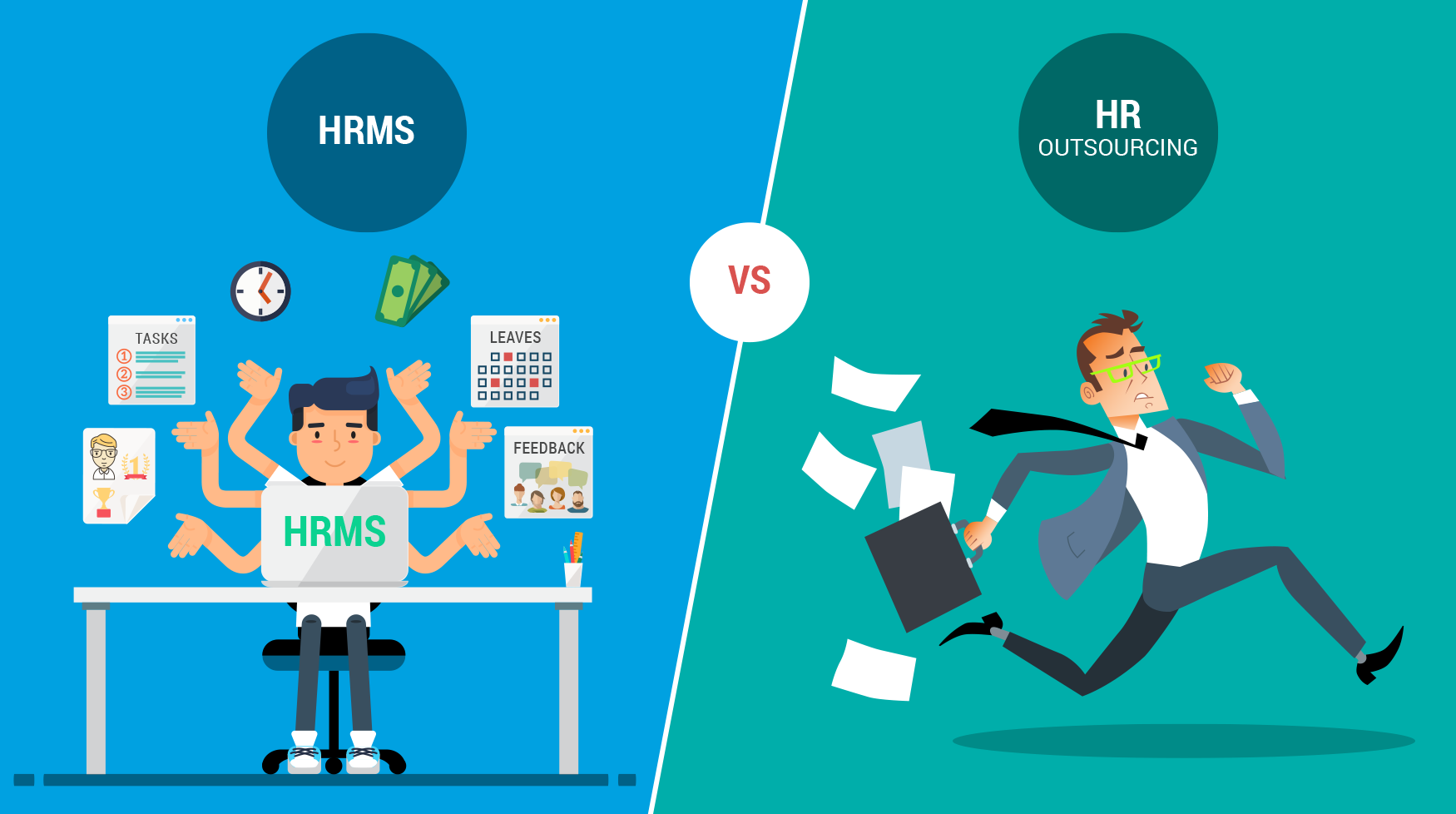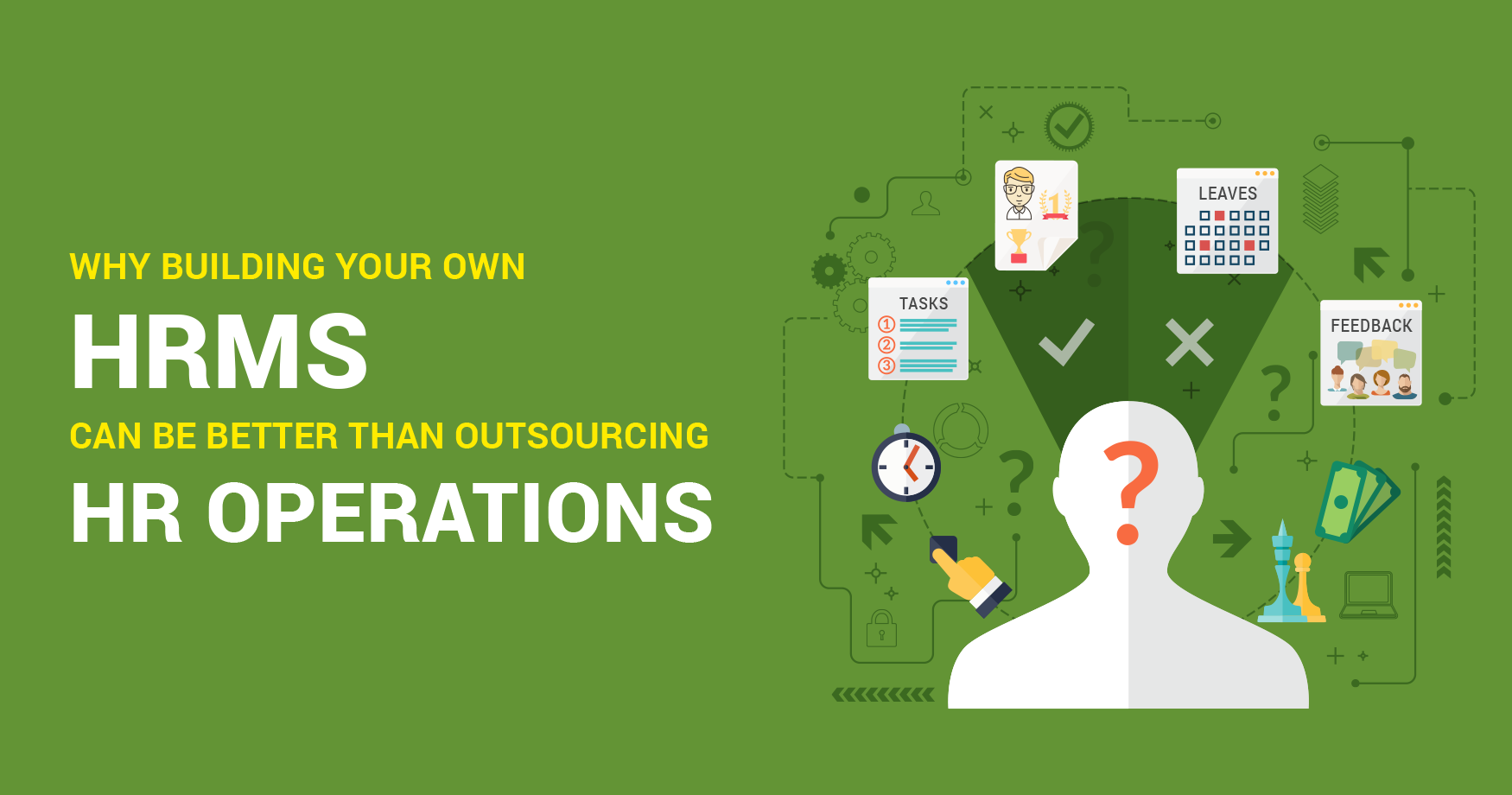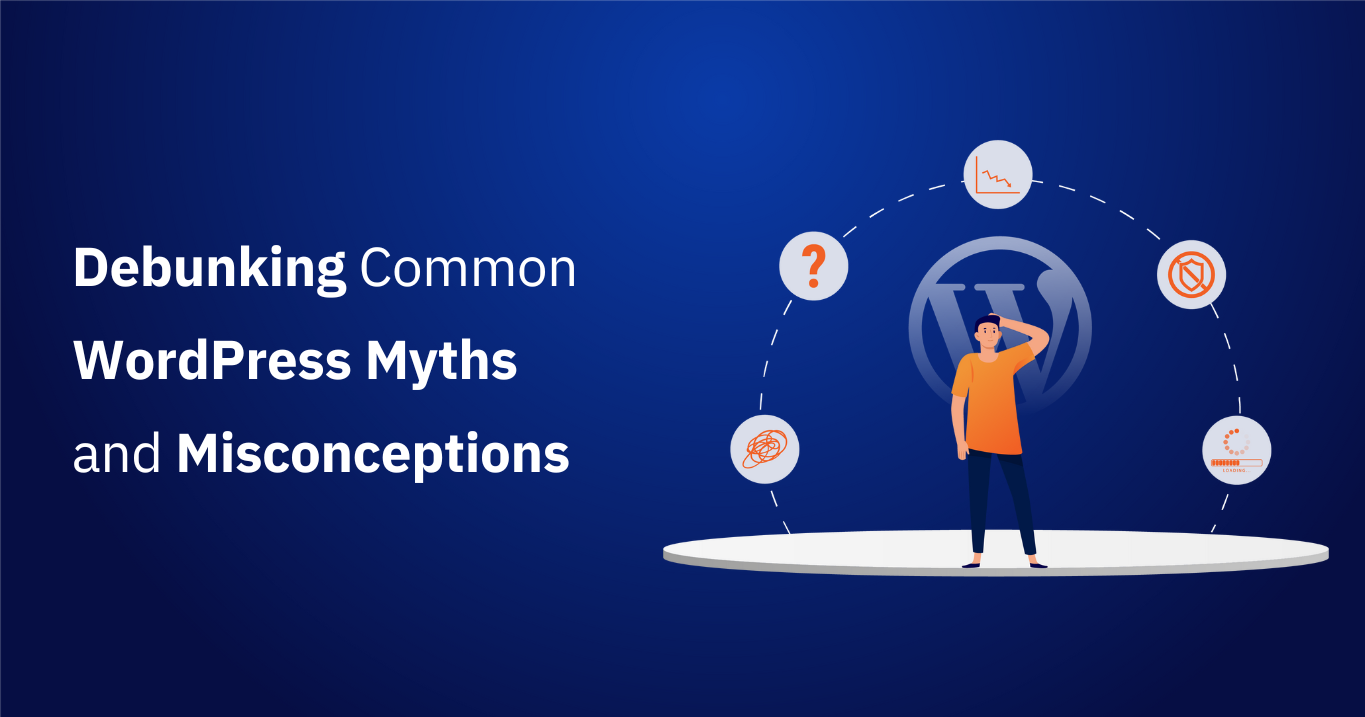Small businesses often start out with the founder wearing many hats, including that of a human resources (HR) manager. But, as the business matures, and a 5-person squad turns into a 20-person team or a 50-person group, compliance becomes a big issue – even for an experienced HR professional. With a growing team, the Excel sheets, emails, and sticky notes you have been using to manage employees become inadequate, confusing, and potentially hazardous for the business’ survival.
Challenges faced by traditional HR practitioners
Mismanaged Leaves
When leaves request and approval is done through emails, there are days when you end up with inadequate team strength. This is because while you were approving the leave of one employee, you didn’t remember that two other people from the same division had already gotten their leaves approved by you a couple of weeks ago.
Inadequate Access to Personal Information
Conventional HR practitioners often end up wasting a lot of time looking for or updating changes to the personal information records of the employees.
Managing and retaining employees has turned into a function that requires specialized care
Repetitive Tasks
An employee needs salary slips urgently? You set aside whatever you were doing to tend to that. Need to print an offer letter? You dive through folder after folder after folder to look for it. Phew!
Weak Feedback System
Be honest. How many times have you given feedback or received feedback from an employee and forgotten all about it? When appraisal time comes, it makes you wish you were better managed, doesn’t it?
Soon, you realize that managing and retaining employees has turned into a function that requires specialized care. And you find yourself wondering: Should I invest in an in-house Human Resources Management System (HRMS) or should I outsource instead?
Difference Between HRMS and HR outsourcing
A Human Resources Management System is a software that combines a variety of time-consuming and paperwork-heavy HR functions in a concise online package. HRMS eliminates the need for manual record-keeping and frees up employees to concentrate on more productive tasks.
HR outsourcing, on the other hand, refers to contracting out the management of your manpower to a third-party service provider. This model gives you flexibility in choosing whether you want to outsource only one aspect of HR, such as tracking applicants, or the entire gamut of HR functions.

Which is better: HRMS or HR outsourcing?
According to estimates, more than 50% of large companies outsource all or part of their HR function today. And there is a good reason for that. When you are managing hundreds of thousands of employees, running an effective HR department can cost you more than what it would cost you to hire specialists to do that job.
Startups or mid-sized business, with say 20-50 employees, outsourcing the HR function is wrought with risks
But for startups or mid-sized business, with say 20-50 employees, outsourcing the HR function is wrought with risks. Service providers have their own agendas to serve and their own bottom lines to feed. They will never care about your employees like you would. In fact, in my circles, I have often heard about small businesses suffering because employees brought in by third-party service providers turned out to be bad fits for their organization’s unique culture.
How Small Businesses Lose Out
I have always believed that while outsourcing may work well for larger organizations, for smaller companies and startups, having an in-house HRMS can be cheaper, quicker, and more convenient.
Not convinced? Here’s why I am positive that small businesses lose out when they outsource their HR function…
-
Time Wastage
When you follow a cycle where an employee would reach out to the in-house HR manager and the manager, in turn, will contact the vendor service provider, you lose out on a lot of productive time.
-
Recurring Cost
While investing in a good HRMS is a one-time cost, outsourcing operations translate into recurring costs – ones that even exceed what you would have had to pay for giving your HR department an IT upgrade.
A good HRMS can improve the productivity of the HR department drastically
-
Data Breach
While service providers have confidentiality clauses in their contract, there is always a chance of sensitive information like changes in salary or senior management structure getting leaked out – deliberately or unwittingly.
-
Dependency
In the absence of a strong in-house HR department, businesses become dependent on service providers for every small thing – which can have a real adverse impact on the organization in emergency situations.
Where HRMS Scores
By eliminating the need for labor-intensive manual processes, a good HRMS can improve the productivity of the HR department drastically. But that’s not the only reason why I believe investing in HRMS is something every small business must give a serious thought to. A good HR software program makes the business ready for future growth in a leaner and more efficient manner.
For startups and small businesses, a one-time investment in a reasonably-priced in-house HRMS can prove to be much cheaper, convenient, and efficient
A clear visibility into employee information enables better management of the resources. When you can track feedback, grievances, disciplinary actions, and other important communication with your employees, it facilitates the decision-making process. Also, when you can see all leaves and requests on one platform, including the historical applications sent by the employee, you can ensure that everyone receives uniform treatment.
I have often seen employees, especially who are just starting out in their career, hesitating while approaching the HR personnel with a problem. A good HRMS program will give them the right tool for professional communication, especially if it pertains to sensitive matters.
What’s more, a good HRMS comes with self-service options that allow employees to update and access information as needed. The HR department need not be disturbed for every task. The same goes for generating and distributing customized pay-slips as well.
Final Words
While large organizations have multiple choices at their disposal when it comes to managing their HR operations, small and mid-sized companies often feel stuck. In my experience, outsourcing works well for larger organizations handling thousands of employees at once. But, for startups and small businesses, a one-time investment in a reasonably-priced in-house HRMS can prove to be much cheaper, convenient, and efficient in the long run.
That said, don’t burden your HR department with a software with complex functionalities. Arm them with an easy to use, fully customizable and easily extendable app which will help them impact your bottom line positively.



